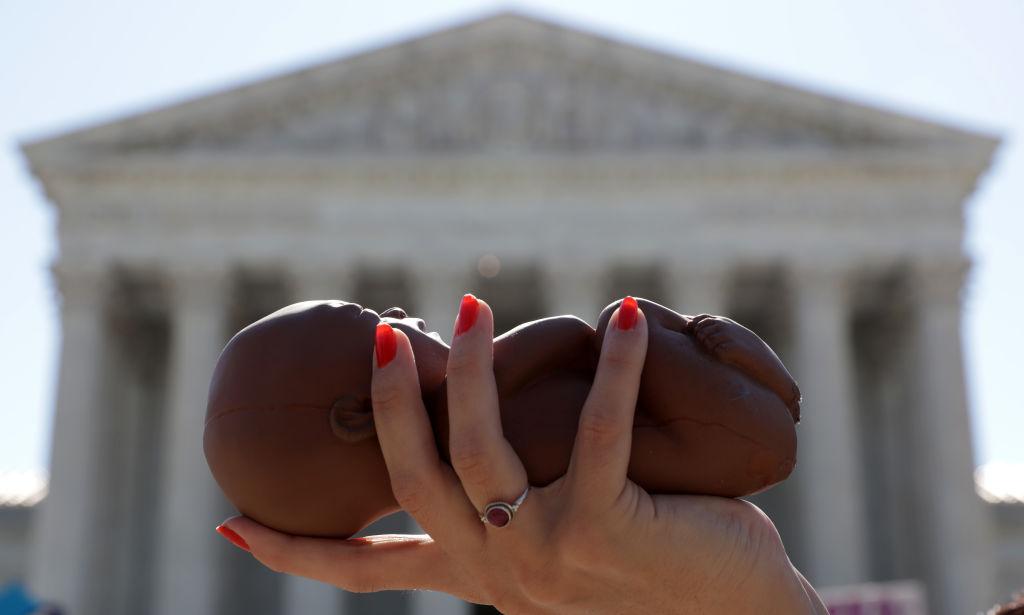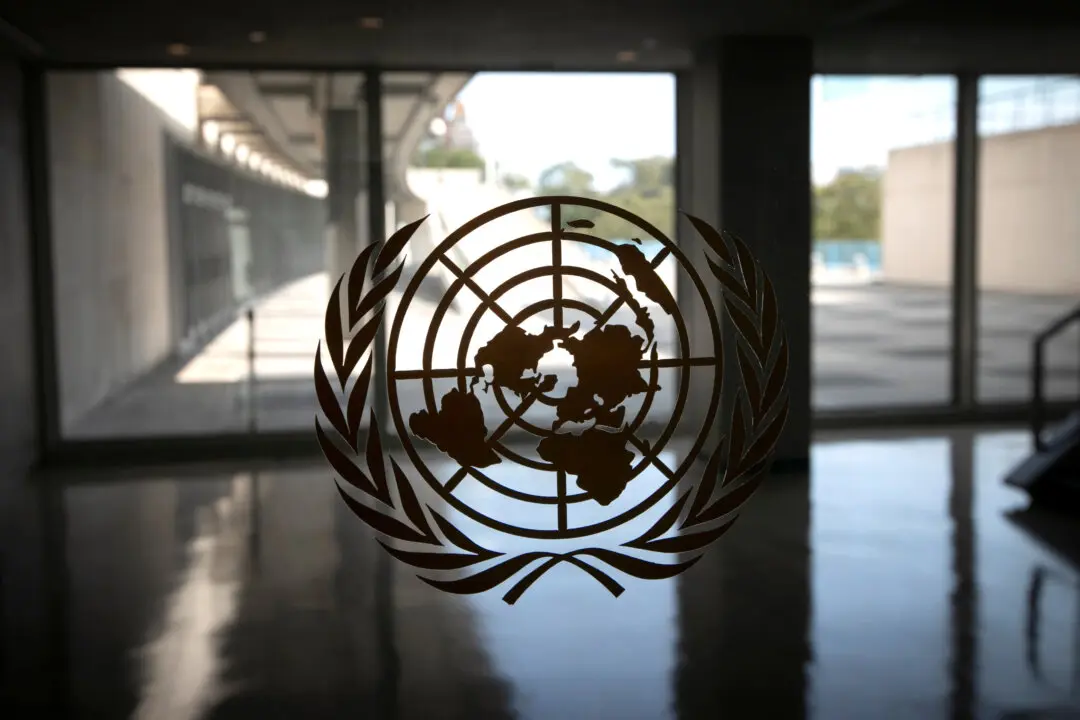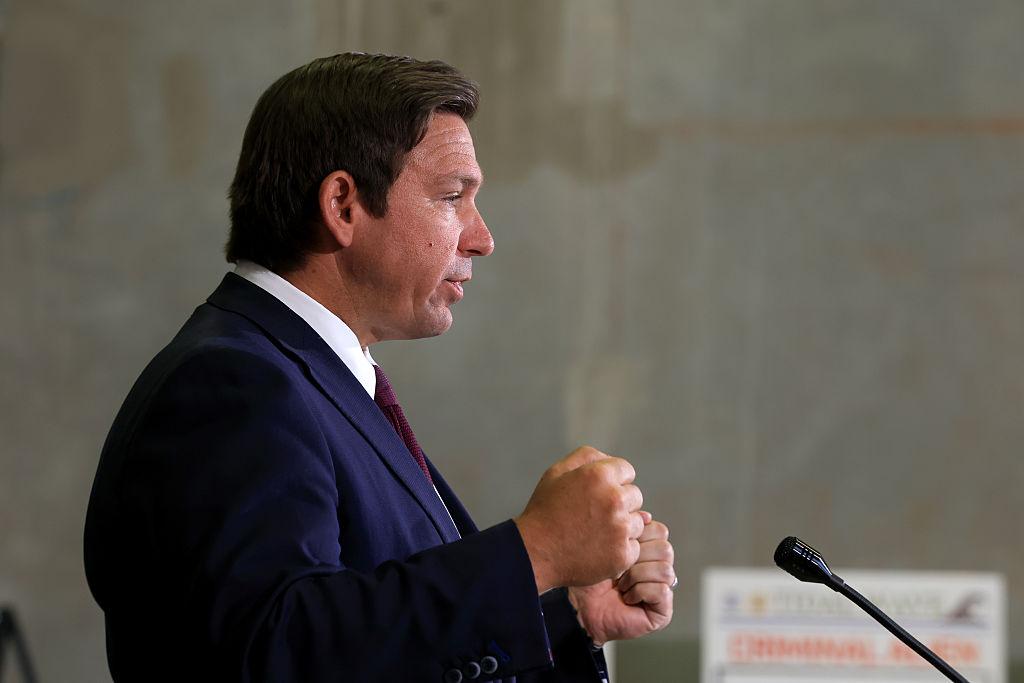An Alabama lawsuit on behalf of unborn black babies that’s making its way through the state’s courts is alleging that the abortion industry is deliberately targeting black Americans and other minorities.
If successful, the attorneys and activists behind the case told The Epoch Times that it might ultimately lead to the overturning of Roe v. Wade, the 1973 precedent-setting U.S. Supreme Court opinion that struck down state laws against abortion.





